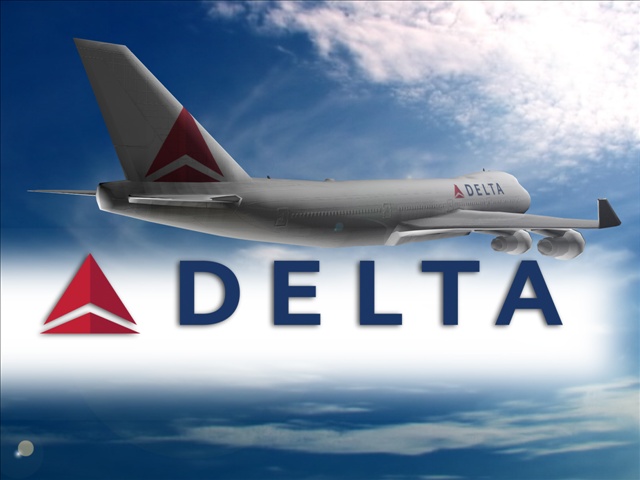Delta airlines transformed as a
digital with a lot of aplomb in the year 2000. The CEO at that time pushed for
an epic development of e-business in the company’s operations. Delta entered in
to e-business through Priceline business dot.com which was dealing with the sale
of extra seats to consumers who could not afford the fixed price. Although
Delta airlines had developed infrastructure to foresee its operations as
high-tech, implementation of the strategy took more time than expected. (Jones,
1999) argue that during this time, technology in the United States was growing
steadily and the airline industry was engaging in technological competition. Delta
had experience difficulty in operating its fast growing airline transaction.
Its transformation to a digital company was to establish a more favorable
working environment to its employees leading to customer collaboration.
Delta
management team realized that other companies like Southwest were enjoying the
different opportunities that lead to low cost of operation. This hence led to the
development of technology where the company can sell tickets online, sell
excess stock through Priceline and establish MYOBTravel.com for SMEs. The
Priceline initiative acted as a distribution channel through the provision of
wireless. Following this deal, Delta pursued e-business model that the
management believed that it will improve the competitive strength of the
company. The initiative was to increase revenue, strengthen its competitive
advantage and expand its market to reach all passengers. Before the development
of e-business, Delta did not just prepared for technological challenges but
also how to achieve the best out of that technology. Its business initiative
focused on productivity of employee through the use of internet. Employee at
the airport could easily communicate with those in the plane hence maintaining
continuous production. The management also argued that the internet can enhance
an excellent employee-customer relationship hence increasing loyalty in the
company’s customers.
Delta
airline faced competitive challenges from its rivals especially on the online
space. It was becoming easier for passengers to use other airlines who had
advanced in technology. Although Delta had the most customers in United States
in 1990s, the fact that other airlines started providing cheap and accessible
tickets was a stiff challenge (Jones, 1998). Delta had to step up
technologically by introducing its customers to online booking of tickets. The
information technology department also developed a website to be used by
customers to forward complain to the company. The company could use this
information to enhance customer satisfaction.
(Jones, G. (1998). Delta
airlines. [S.l.], Plymouth Prpess, Lim)

No comments:
Post a Comment